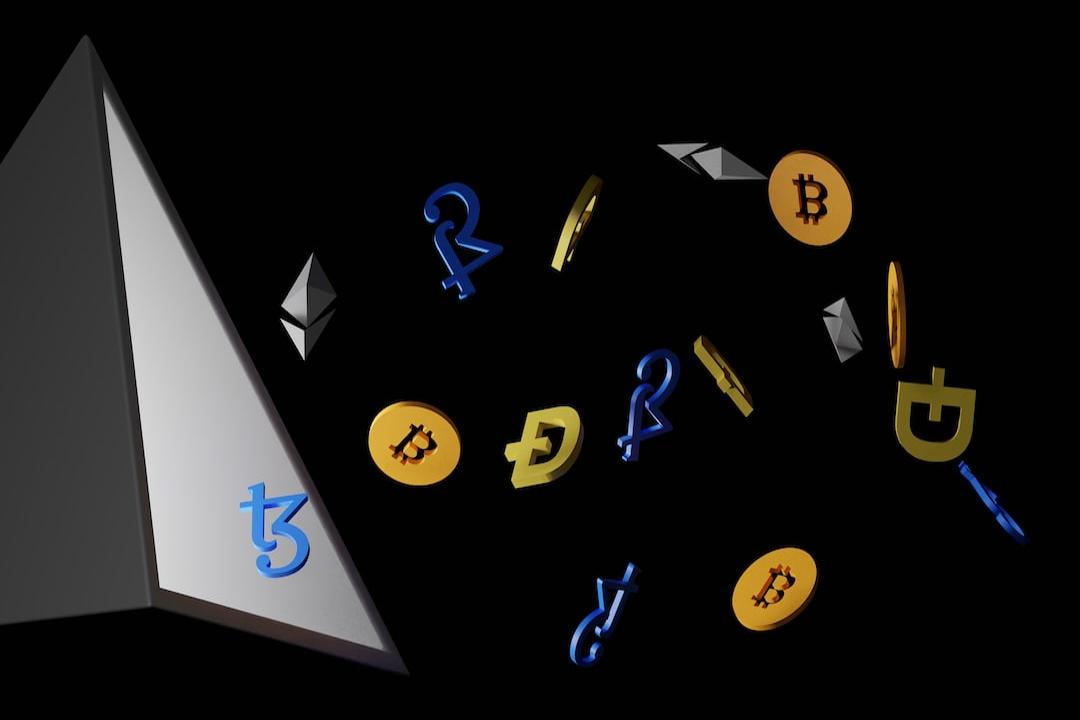The U.S. Securities and Exchange Commission (SEC) has filed a revised lawsuit against the popular exchange Binance, its U.S. counterpart Binance.US, and former CEO Changpeng Zhao (CZ). The SEC continues to accuse them of operating unregistered securities exchanges and conducting unauthorized securities transactions through the platform’s token, BNB. The latest revised lawsuit focuses on whether 10 cryptocurrencies comply with U.S. securities laws, sparking renewed debate.
Background of the SEC’s Initial and Revised Lawsuits
The SEC first filed charges against Binance and CZ on June 5 last year, alleging that they operated unregistered securities exchanges and violated U.S. securities laws. The case involved tokens such as Solana ($SOL), Cardano ($ADA), and Polygon ($MATIC), among others.
The case entered the revised lawsuit phase in November 2023 because U.S. District Court Judge Amy Berman Jackson deemed the legal basis of the SEC’s initial lawsuit insufficient and requested more details. Through multiple rounds of litigation, the SEC has further strengthened its case in the new revised lawsuit, providing explanations of the “Howey test” for determining whether the 10 mentioned tokens are securities.
The Core Point of Contention: The “Howey Test”
The SEC’s charges are based on the “Howey test,” established by the U.S. Supreme Court in 1946 to determine whether an asset constitutes a security. In the revised lawsuit, the SEC provides detailed information on the trading status of each token in the secondary market and how these tokens meet the three key elements of the “Howey test”:
1. Whether the investment involves a monetary transaction.
2. Whether investors expect profits.
3. Whether the profits come from the efforts of others.
The SEC has been attempting to prove that these 10 tokens meet the legal definition of securities to support its charges against Binance and CZ.
Ongoing Battle Between the SEC and Binance/CZ
Binance’s legal team previously filed a motion to dismiss the SEC’s lawsuit on November 4, arguing that the SEC only superficially complied with the court’s preliminary ruling and did not acknowledge the subsequent consequences of the ruling, namely that “resales in the secondary market years after an initial public offering are not considered securities transactions.”
Moreover, Binance emphasized that the SEC’s amended complaint, which considers all cryptocurrency asset transactions as securities transactions, is completely inconsistent with legal norms. Binance requested the court to dismiss the lawsuit entirely and prohibit the SEC from further amending the complaint.
However, in its recent filing, the SEC responded to Binance and CZ’s counterarguments and mocked their criticism of excessive SEC regulation, stating, “They complain that the SEC has been too stifling in regulating the entire cryptocurrency industry, but such a situation has never occurred.” The SEC also emphasized in the filing that Binance has deliberately evaded U.S. laws in its operations, clearly challenging industry transparency.
(SEC Increases Allegations of “Blind Resales,” Binance and CZ Request Dismissal of Lawsuit)

